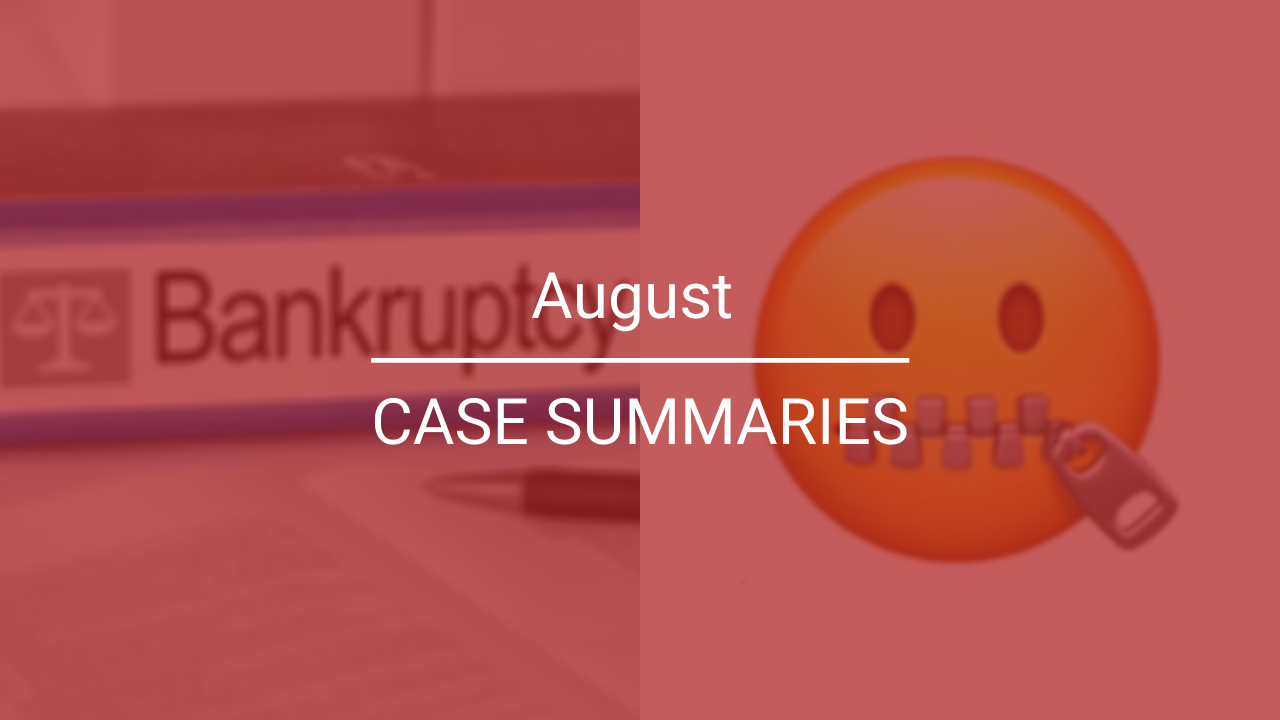
Can an Emoji be defamatory?
The NSW District Court recently considered the meaning of the ‘zipper-mouth’ emoji posted in response to tweet. It’s always entertaining to read judges traverse social media and the like and the reference to emojis as a “new-age hieroglyphic-style language” brought a smile to my face.
The defendant had challenged the three imputations and the meaning of same substantially turned on what the “zipper-mouth” emoji means.
His Honour at [31] held that the zipper-mouth’s meaning is “ “a secret” or “stop talking”, in circumstances where a person impliedly knows the answer but is forbidden or reluctant to answer.”
The defendant claimed that the “zipper-mouth face” meant that he could not reply and no defamatory imputations could be conveyed. However, the Court held that all three imputations associated with the emoji were capable of being made.
Full judgment – Burrows v Houda [2020] NSWDC 485
The Qld Supreme Court recently confirmed that the starting presumption for a restraint of trade clause is that it is void as contrary to public policy.
The presumption may be rebutted if there are special circumstances that demonstrate the covenant to be reasonable as between the parties; and not unreasonable in the public interest.
Bond J dismissed the application seeking, inter alia, to injunct (until the trial of the matter) the employee and his new employer from entering into an employment contract.
His Honour held at [52] that it is not for the Court to rewrite a restraint clause to preserve its validity.
Read the full judgment here
The truth hurts!
In the matter of Commonwealth of Australia v Endresz, [2020] FCA 1228, the applicant sought a sequestration order pursuant to the Bankruptcy Act. The Commonwealth’s petition stated that the amount of $11,588,824.42 was owed, being the balance of the judgment debt of $18,633,178.47 ordered by the Supreme Court of the Australian Capital Territory.
Endresz opposed the order on the basis that inter alia the Court could not be satisfied that there was in truth or reality a debt owed; relying on the principle in Ramsay Health Care Australia Pty Ltd v Compton that a Bankruptcy Court may go behind a judgment.
Primarily Endresz claimed that the Commonwealth had failed to satisfy the statutory precondition to an award of equitable relief. According to Endresz, the orders for equitable compensation cannot demonstrate that in truth and reality Endresz is indebted to the Commonwealth.
In dismissing this proposition, Gleeson J at [44] held that the orders were of a superior court and valid until quashed or set aside on appeal. Further at [53] that Mr Endresz made no submissions as to the legal and factual findings that led to the judgment debt.
His Honour ordered that the estate of Mr Endresz be sequestrated under the Bankruptcy Act.
Full judgment here.
If you require assistance with a litigious matter please contact Stephanie Forward at Rouse Lawyers on 07 3667 9696.
